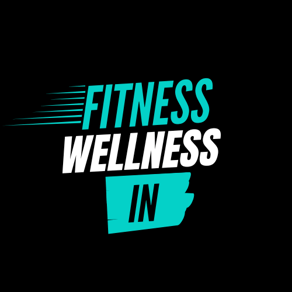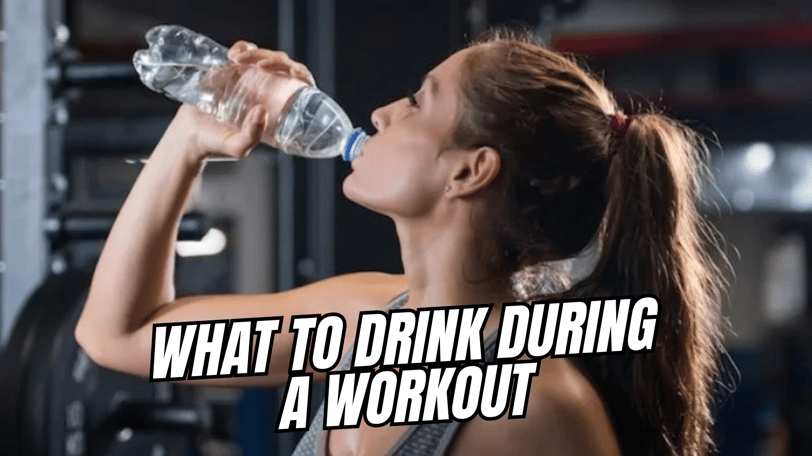Staying Hydrated for Optimal Workouts: What You Need to Know
Hydration is a key component of any workout routine. Whether you're lifting weights, running, or engaging in high-intensity training, maintaining the right fluid balance can significantly impact your performance and recovery. Knowing what to drink, how much, and when can make all the difference in keeping you energized and preventing dehydration.
1. Selecting the Right Hydration Option
The most straightforward and effective hydration choice is often water. "For the average person, water is perfectly sufficient after a workout," says sports nutritionist Nancy Clark, RD. Water helps regulate body temperature, lubricates joints, and transports nutrients throughout the body.
Why Soda Is Harming Global Health: What You Need to Know
However, if your training sessions are particularly long or intense—lasting more than three hours—you may need more than just water. Chocolate milk is a great post-workout option, as it provides carbohydrates for energy replenishment, protein for muscle recovery, and essential minerals like sodium and calcium, which are lost through sweat.
For those who prefer alternatives, sports drinks, coconut water, or electrolyte-infused beverages can help restore lost minerals and maintain hydration balance. Additionally, foods like bananas, avocados, and tofu offer natural sources of electrolytes to support recovery.
2. Hydrating in the Right Amounts
There isn’t a universal guideline for how much water you should drink during exercise—it varies by individual needs and activity levels. However, a simple rule of thumb is to "drink to thirst." If you sweat heavily, consider weighing yourself before and after a workout to gauge fluid loss.
How to Start Losing Weight
A general recommendation is to drink 4-8 ounces of water every 15-20 minutes during exercise. If you’re losing a quart of sweat in an hour, drinking 8 ounces every 15 minutes can help maintain hydration levels.
3. Avoid Overhydration
While dehydration is a common concern, drinking excessive fluids can also be dangerous, particularly in endurance sports like marathons and triathlons. Overhydration can lead to hyponatremia, a condition caused by low sodium levels in the blood. Symptoms include confusion, fatigue, headaches, nausea, and in severe cases, seizures or coma. To prevent this, balance fluid intake with electrolyte consumption.
4. Hydrate Before and During Your Workout
Pre-hydration is just as important as drinking during your workout. If you're preparing for a long or strenuous activity, start hydrating 1.5 to 2 hours before. This ensures your body is adequately prepared for exertion and minimizes the risk of early fatigue.
During exercise, sip fluids regularly rather than waiting until you feel thirsty, as thirst is not always an immediate indicator of dehydration.
5. Replenishing with Protein and Carbohydrates
Exercise, particularly high-intensity training, can lead to minor muscle and tissue damage. Post-workout hydration should include protein to aid muscle repair and carbohydrates to replenish energy stores. Experts suggest a ratio of three parts carbohydrates to one part protein for optimal recovery. Flavored milk or protein shakes can be excellent post-workout hydration choices.
6. Recognizing Dehydration Risks
Failing to hydrate properly can lead to several complications. One of the most common symptoms of dehydration is fatigue, as thickened blood forces the heart to work harder. Other potential risks include:
Dizziness or confusion
Fainting
Reduced urine output
Rapid heartbeat (tachycardia)
Shortness of breath
Final Thoughts
Proper hydration is essential for maintaining energy levels, preventing injuries, and ensuring peak performance. By choosing the right beverages, drinking the appropriate amount, and replenishing lost nutrients, you can maximize your workouts and recovery. Whether you're a casual gym-goer or a dedicated athlete, staying mindful of your hydration needs will help you perform at your best.




